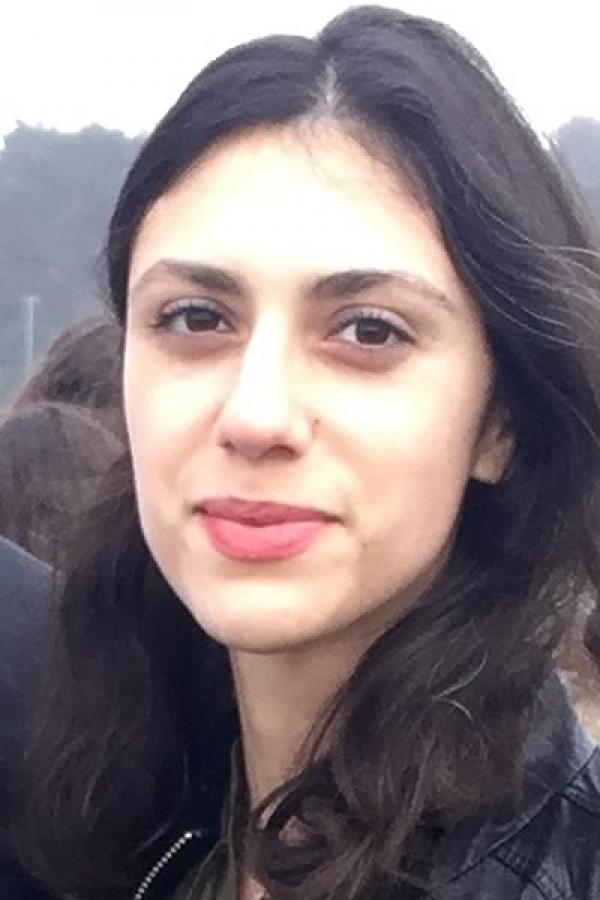Emma Ramadan

Photo courtesy of Emma Ramadan
Bio
Emma Ramadan is a literary translator based in Providence, Rhode Island, where she co-owns Riffraff bookstore and bar. For her translation of Ahmed Bouanani’s poetry collection The Shutters, published by New Directions in 2018, she received a Fulbright to study his work in Morocco, an NEA Translation Fellowship, a PEN/Heim grant, and a nomination for the PEN Award for Poetry in Translation. Her other translations include Anne Garréta’s Sphinx and Not One Day (winner of the 2018 Albertine Prize), Fouad Laroui’s The Curious Case of Dassoukine’s Trousers, Brice Matthieussent’s Revenge of the Translator, and Virginie Despentes’s Pretty Things.
“To The Poet Prisoners”
[translated from the French]
Misfortune to he who laid a hand
on the poet prisoners
May they be happy, the poet prisoners
my friends
intact in this kingdom
Inside me each day
I hear the echo of the padlocks that
hold you back
Inside me in my blood
you, immense, vigilant, have succeeded
in penetrating the labyrinths beneath the ramparts
But
here comes one (no use naming you)
meager, straggly, a sky in your eyes
and clandestine birds
As soon as the guards turn their backs
he flies
he comes to greet us
and often despite the fatigue
he crosses the sea
The birds know you
There are shreds of cloud in your beard
wipe them off before going back to the walls
May they be happy, my friends
the poet prisoners
for beneath the earth they see
much farther than us
No tombstone can contain them.
About Ahmed Bouanani
Born in Casablanca in 1938, Ahmed Bouanani helped breathe new life into post-colonial Moroccan writing. The Shutters is a surreal mapping of Morocco’s cultural history and collective memory, blurring the boundaries of genre and time periods in his fight to preserve in writing a Moroccan present steeped in tradition and legends of the past. What we know of any country is determined by what books we choose to keep alive, by what we decide to read, to translate, to publish. Bouanani’s writing has the revolutionary potential to expand our idea of what Moroccan writing is, of what Morocco is, to more fully and accurately represent in the English-speaking world this critically underrepresented country.

